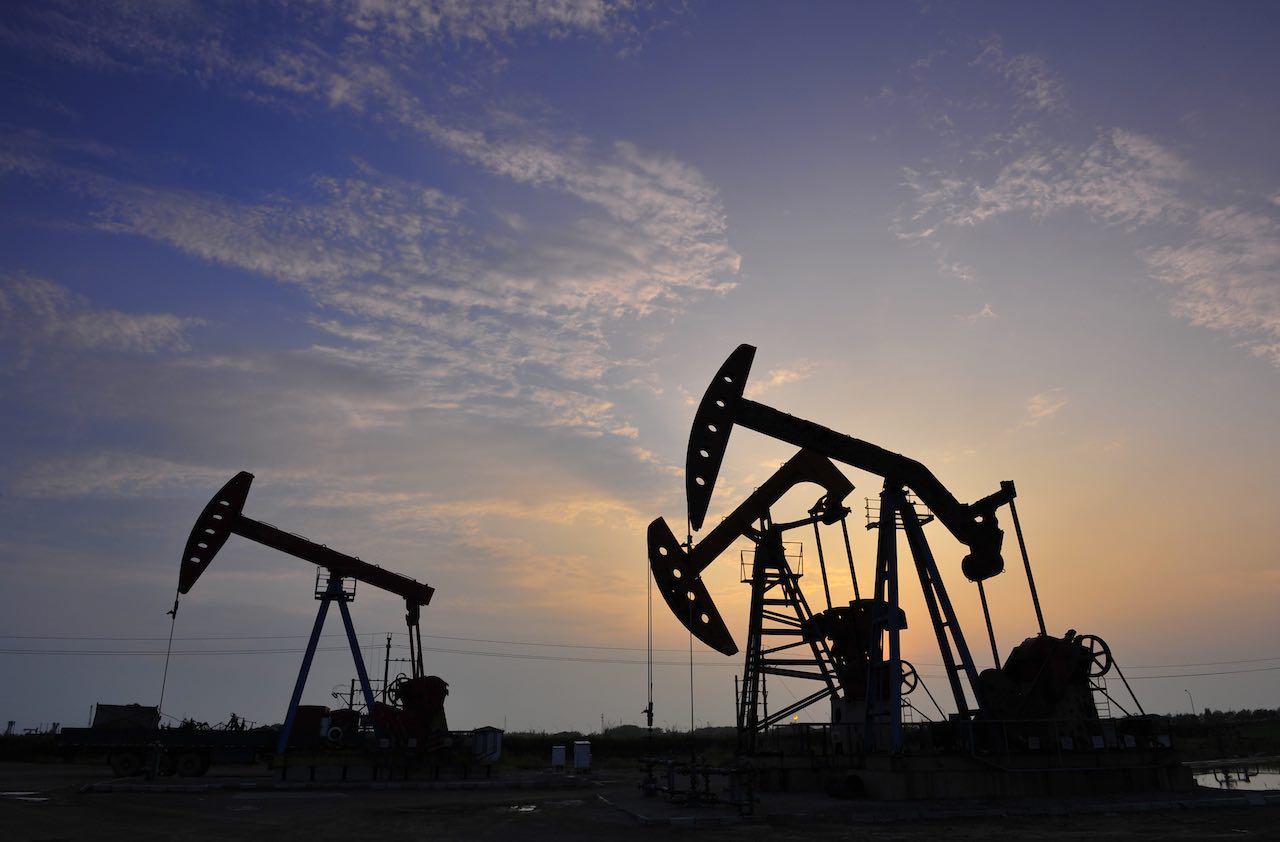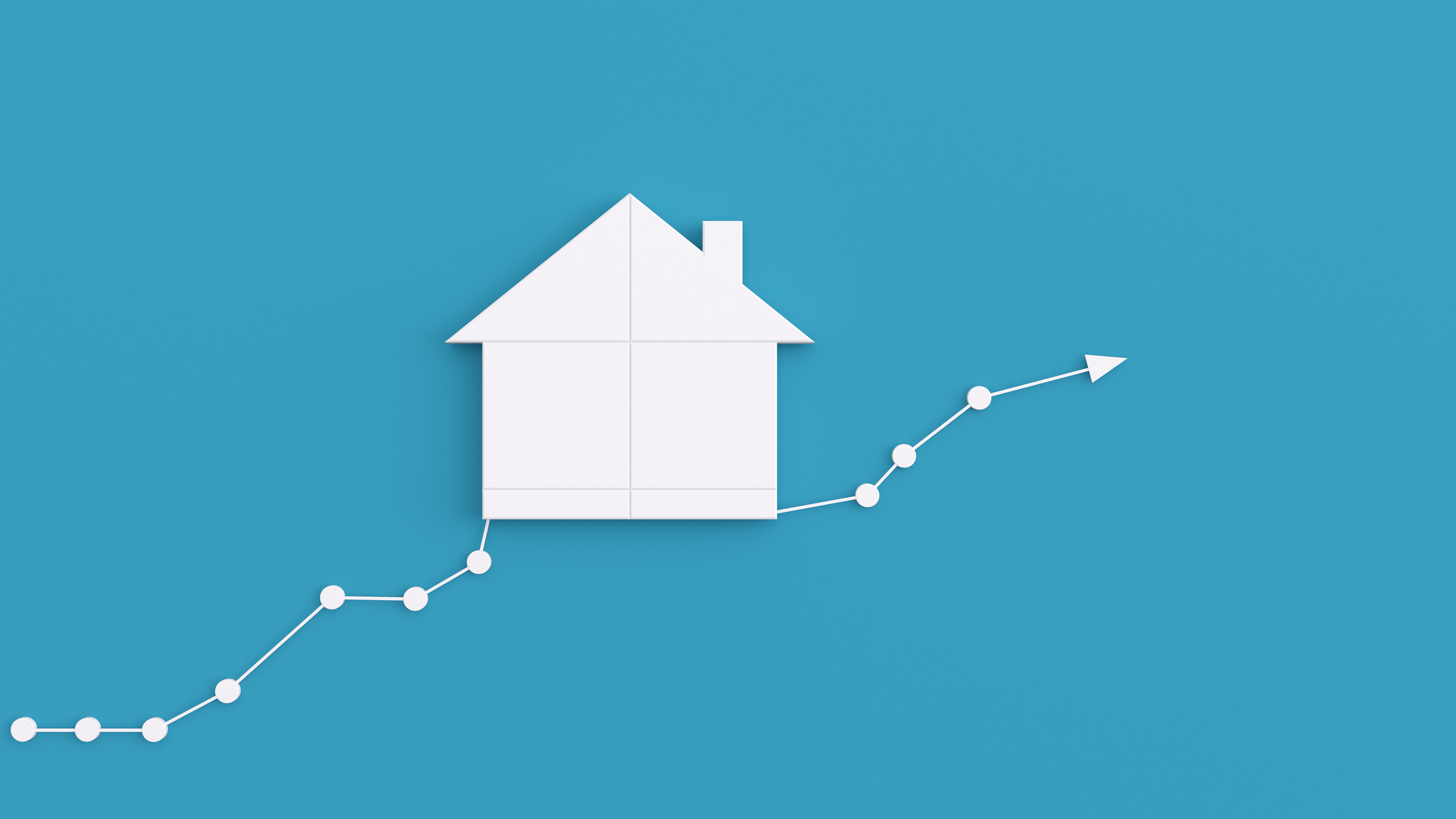The Mixed Blessings of Cheap Oil
As gasoline prices dive, drivers take to the highway -- and that may not be a good thing.


Profit and prosper with the best of Kiplinger's advice on investing, taxes, retirement, personal finance and much more. Delivered daily. Enter your email in the box and click Sign Me Up.
You are now subscribed
Your newsletter sign-up was successful
Want to add more newsletters?

Delivered daily
Kiplinger Today
Profit and prosper with the best of Kiplinger's advice on investing, taxes, retirement, personal finance and much more delivered daily. Smart money moves start here.

Sent five days a week
Kiplinger A Step Ahead
Get practical help to make better financial decisions in your everyday life, from spending to savings on top deals.

Delivered daily
Kiplinger Closing Bell
Get today's biggest financial and investing headlines delivered to your inbox every day the U.S. stock market is open.

Sent twice a week
Kiplinger Adviser Intel
Financial pros across the country share best practices and fresh tactics to preserve and grow your wealth.

Delivered weekly
Kiplinger Tax Tips
Trim your federal and state tax bills with practical tax-planning and tax-cutting strategies.

Sent twice a week
Kiplinger Retirement Tips
Your twice-a-week guide to planning and enjoying a financially secure and richly rewarding retirement

Sent bimonthly.
Kiplinger Adviser Angle
Insights for advisers, wealth managers and other financial professionals.

Sent twice a week
Kiplinger Investing Weekly
Your twice-a-week roundup of promising stocks, funds, companies and industries you should consider, ones you should avoid, and why.

Sent weekly for six weeks
Kiplinger Invest for Retirement
Your step-by-step six-part series on how to invest for retirement, from devising a successful strategy to exactly which investments to choose.
The dramatic 70% plunge in oil prices from a year ago has wide-ranging effects. Here’s what it means for you and for the economy.
You’ll pay less for gasoline, but more for car insurance. Americans paid an average of $1.75 per gallon at the pump recently, down 65 cents from last year. Those prices imply a collective savings of $150 million a day on gasoline, according to the American Automobile Association. But lower gas prices lure drivers to the road, boosting the likelihood of accidents. In response, some auto insurers are raising premiums, says James Lynch, chief actuary at the Insurance Information Institute. “Over the past two years, the rate of crashes has increased. That pushes rates higher,” he says.
You may find a cheap flight. Lower oil prices result in lower fuel costs for airlines. So far, instead of passing savings along to customers, most carriers have used the windfall to reward employees, pay down debt and update their fleets. But Delta, United, American and Southwest are offering historically low fares on some domestic routes in order to compete with budget carriers, says George Hobica, founder of AirfareWatchdog.com. “They wouldn’t be able to match these fares were it not for lower fuel costs,” he says.
From just $107.88 $24.99 for Kiplinger Personal Finance
Become a smarter, better informed investor. Subscribe from just $107.88 $24.99, plus get up to 4 Special Issues

Sign up for Kiplinger’s Free Newsletters
Profit and prosper with the best of expert advice on investing, taxes, retirement, personal finance and more - straight to your e-mail.
Profit and prosper with the best of expert advice - straight to your e-mail.
It’s a net positive for the economy. Consumers haven’t been spending their savings at the pump, at least not to the extent that economists expected. Memories of the last, deep recession and troubles in the energy sector have put a damper on growth, says Michael Hanson, an economist at Bank of America Merrill Lynch. But Hanson believes most of the drag on the economy from the energy sector is behind us. “As consumers begin to realize that this drop in gas prices isn’t just a one-off,” says Hanson, “more confident consumers will begin to open their pocketbooks.”
Profit and prosper with the best of Kiplinger's advice on investing, taxes, retirement, personal finance and much more. Delivered daily. Enter your email in the box and click Sign Me Up.

Ryan joined Kiplinger in the fall of 2013. He wrote and fact-checked stories that appeared in Kiplinger's Personal Finance magazine and on Kiplinger.com. He previously interned for the CBS Evening News investigative team and worked as a copy editor and features columnist at the GW Hatchet. He holds a BA in English and creative writing from George Washington University.
-
 How Much It Costs to Host a Super Bowl Party in 2026
How Much It Costs to Host a Super Bowl Party in 2026Hosting a Super Bowl party in 2026 could cost you. Here's a breakdown of food, drink and entertainment costs — plus ways to save.
-
 3 Reasons to Use a 5-Year CD As You Approach Retirement
3 Reasons to Use a 5-Year CD As You Approach RetirementA five-year CD can help you reach other milestones as you approach retirement.
-
 Your Adult Kids Are Doing Fine. Is It Time To Spend Some of Their Inheritance?
Your Adult Kids Are Doing Fine. Is It Time To Spend Some of Their Inheritance?If your kids are successful, do they need an inheritance? Ask yourself these four questions before passing down another dollar.
-
 9 Types of Insurance You Probably Don't Need
9 Types of Insurance You Probably Don't NeedFinancial Planning If you're paying for these types of insurance, you may be wasting your money. Here's what you need to know.
-
 What New Tariffs Mean for Car Shoppers
What New Tariffs Mean for Car ShoppersThe Kiplinger Letter Car deals are growing scarcer. Meanwhile, tax credits for EVs are on the way out, but tax breaks for car loans are coming.
-
 Amazon Resale: Where Amazon Prime Returns Become Your Online Bargains
Amazon Resale: Where Amazon Prime Returns Become Your Online BargainsFeature Amazon Resale products may have some imperfections, but that often leads to wildly discounted prices.
-
 AI’s Rapid Rise Sparks New Cyber Threats
AI’s Rapid Rise Sparks New Cyber ThreatsThe Kiplinger Letter Cybersecurity professionals are racing to ward off AI threats while also using AI tools to shore up defenses.
-
 Blue Collar Workers Add AI to Their Toolboxes
Blue Collar Workers Add AI to Their ToolboxesThe Kiplinger Letter AI can’t fix a leak or install lighting, but more and more tradespeople are adopting artificial intelligence for back-office work and other tasks.
-
 AI Goes To School
AI Goes To SchoolThe Kiplinger Letter Artificial intelligence is rapidly heading to K-12 classrooms nationwide. Expect tech companies to cash in on the fast-emerging trend.
-
 What To Know if You’re in the Market for a New Car This Year
What To Know if You’re in the Market for a New Car This YearThe Kiplinger Letter Buying a new car will get a little easier, but don’t expect many deals.
-
 Will Lower Mortgage Rates Bring Relief to the Housing Market?
Will Lower Mortgage Rates Bring Relief to the Housing Market?The Kiplinger Letter As mortgage rates slowly come down here's what to expect in the housing market over the next year or so.